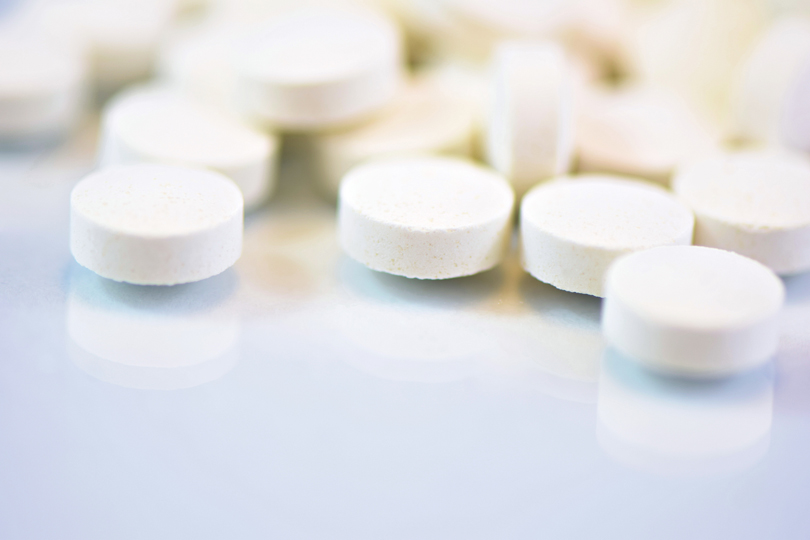In the eternal quest for youthful, wrinkle-free skin, Botox has become a go-to treatment for many women and men. Of course, if you are already getting Botox injections you already know that Botox works by temporarily paralyzing the muscles responsible for wrinkles, giving the skin a smoother appearance. While Botox is effective, its effects are not permanent, typically lasting 3-4 months for most patients. Recently, there has been buzz on social media around the idea that taking zinc supplements might actually help extend the longevity of Botox. But does this claim hold any weight? Here’s what we know.
The connection between Zinc and Botox
The theory that zinc can enhance the effectiveness of Botox stems from a 2012 study published in the Journal of Drugs in Dermatology. Researchers found that a combination of zinc and an enzyme called phytase, marketed as a supplement called Zytaze, might help Botox last longer. Participants in the study who took Zytaze experienced a significant extension in the duration of their Botox effects compared to those who did not take the supplement.
How Zinc might help
Botox is derived from botulinum toxin, which requires zinc for its activity. Zinc acts as a cofactor for the botulinum toxin, meaning it helps the toxin bind to its target in the neuromuscular junction, enhancing its effect. The idea is that by increasing zinc levels in the body, you could potentially optimize the effectiveness of Botox injections.
Phytase, the other component in Zytaze, is an enzyme that helps increase the bioavailability of zinc. It breaks down phytates, compounds found in certain foods that can inhibit zinc absorption. By enhancing zinc absorption, phytase might ensure that more zinc is available to support the activity of Botox.
So what does all of this mean?
While the initial study on Zytaze showed promising results, it’s important to note that the research was funded by the manufacturer of Zytaze, which could introduce bias. Additionally, the study sample size was relatively small, and there has been limited follow-up research to confirm these findings.
Many dermatologists and medical professionals remain cautious about recommending zinc supplements solely for the purpose of extending Botox effects. Dr. Patricia Farris, a dermatologist and clinical assistant professor at Tulane University, has stated that while the concept is intriguing, more robust and independent studies are needed to establish a definitive link between zinc supplementation and prolonged Botox effects.
Here’s some practical considerations
If you are considering taking zinc supplements to extend the life of your Botox, it’s essential to approach this with caution. Here are a few practical considerations:
1. Consult with a Healthcare Provider: Before starting any supplement regimen, it’s crucial to consult with a healthcare provider to ensure it’s safe and appropriate for your individual health needs.
2. Dosage Matters: Zinc supplements come in various dosages, and taking too much zinc can lead to adverse effects such as nausea, vomiting, and interference with copper absorption.
3. Balanced Diet: A well-balanced diet that includes zinc-rich foods like meat, shellfish, legumes, seeds, and nuts can also support overall skin health and might be a safer approach to increasing zinc levels.
While the idea of taking zinc to extend the effects of Botox is based on some scientific rationale, the evidence is not yet robust enough to make a definitive recommendation. The initial study provides an interesting starting point, but more independent and large-scale research is needed to confirm these findings. But, there are tons of people on social media who swear by it, so feel free to proceed with caution. (The good news is it won’t have a negative effect on your Botox) As always, it’s best to discuss any supplement use with a healthcare provider to ensure it aligns with your health goals and needs. In the meantime, maintaining a healthy lifestyle and following your dermatologist’s advice remain the best strategies for achieving and maintaining youthful skin.











